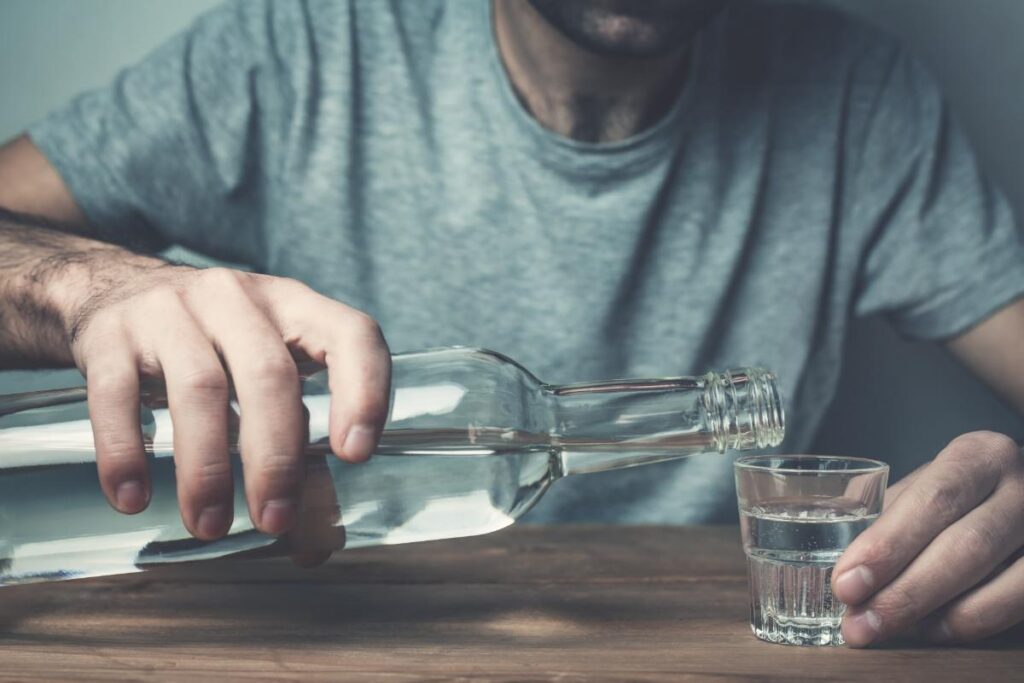Mardi Gras, or Fat Tuesday, is an annual holiday known for its focus on parties and alcohol use. During the holiday, many participants take part in binge drinking. That’s the term for heavy, short-term alcohol consumption that results in drunkenness. Binge drinking is America’s most widespread and damaging alcohol abuse or misuse pattern. Not everyone who engages in this practice has symptoms of alcoholism. However, many people do. If you’re affected by alcoholism, your return to sobriety begins in an alcohol detox center.
Binge Drinking Basics
When you binge on alcohol, you drink rapidly until you reach a state of legal intoxication. It takes about five drinks within two hours to reach this state for the average male. For the average female, it takes about four drinks in the same span of time.
Almost a quarter of all U.S. adults, teens, and preteens binge on alcohol in a given month. This is an average for all age groups. The highest actual rate of binging occurs among young adults between the ages of 18 and 22. Men take part in the practice far more often than women. In fact, men account for fully 80% of all the alcohol consumed in binge episodes.
Binging and Alcohol Abuse
The term alcohol abuse has two widely used meanings. First, it can refer to any pattern of excessive drinking that could lead to future harm. In all cases, binge drinking meets this general definition.
The second use of the term alcohol abuse is in the context of an alcohol use disorder, AUD. This officially defined condition includes two kinds of diagnosable drinking problems:
- Alcohol dependence, or alcoholism
- Serious, non-addicted alcohol abuse
This AUD-related form of abuse disrupts your ability to lead a functional life in significant ways. You can be diagnosed with AUD if you have separate alcoholism or alcohol abuse symptoms. However, many affected people have overlapping symptoms of both problems.
Potential Consequences of Binging on Fat Tuesday
On Fat Tuesday or any other day of the year, alcohol binging can have severe or even fatal consequences. That’s true whether or not you meet the criteria for an AUD diagnosis. The extensive list of short- and long-term harms associated with binging includes:
- Alcohol poisoning
- Vehicle accidents
- Accidental falls
- Increased risks for sexual assault
- A higher chance of committing suicide or homicide
- Greater risks for exposure to intimate partner violence
- Exposure to sexually transmitted diseases
- Unintentional pregnancies
- Stillbirth or miscarriage during pregnancy
- Birth defects and intellectual disabilities in exposed children
- Increased risks for several forms of cancer
- Higher odds of developing liver disease and cardiovascular disease
If you don’t have AUD and binge on alcohol, you increase your chances of developing the disorder.
More people die from binging-related causes than any other form of alcohol use. Binge drinking also has tremendous social costs. Each year, hundreds of billions of dollars are spent on related healthcare expenses, reduced worker productivity, and other issues.
Seek Help for Alcohol Abuse and Binge Drinking at Springfield Wellness Center
If you repeatedly binge on alcohol, you may already have alcohol use disorder. You may also be well on your way to a diagnosable case of this illness. Treatment is available for an effective AUD recovery. That’s true even if you have severe or longstanding alcohol problems.
At Springfield Wellness, we offer a range of detox services for anyone addicted to alcohol. Those services include NAD+ therapy, a supportive approach that helps your brain restore its normal function. Our goal is to provide you with the best possible start to your long-term sobriety journey. Call us today at 844.334.4727 or fill out our online form for more information.

